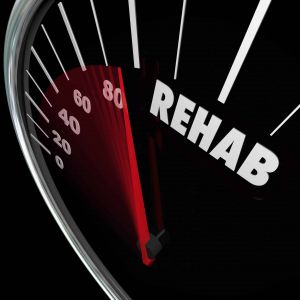Dialectical behavioral therapy (DBT) is a type of psychotherapy (talk therapy) used to treat people with mental health disorders and substance use disorders. It can be offered in a variety of settings including one-on-one sessions, group therapy, and virtual therapy. This article will cover DBT therapy treatment options in Tennessee and how to get help. For more information on a dialectical behavior therapy program or other addiction therapy programs in Tennessee at Apex Recovery, reach out to our team today at (877) 881 2689.
What is DBT?
First developed by Marsha Linhan, Dialectical behavioral therapy (DBT) is a type of cognitive therapy that focuses on improving and regulating emotions and “building a life worth living” through change and acceptance. 1,2 DBT focuses on:1,2
- Treating emotion regulation
- Promote abstinence
- Reduce the length of relapse
- Reduce the unfavorable impacts of relapse
- Articulate and envision goals
- Pursue and sustain goals
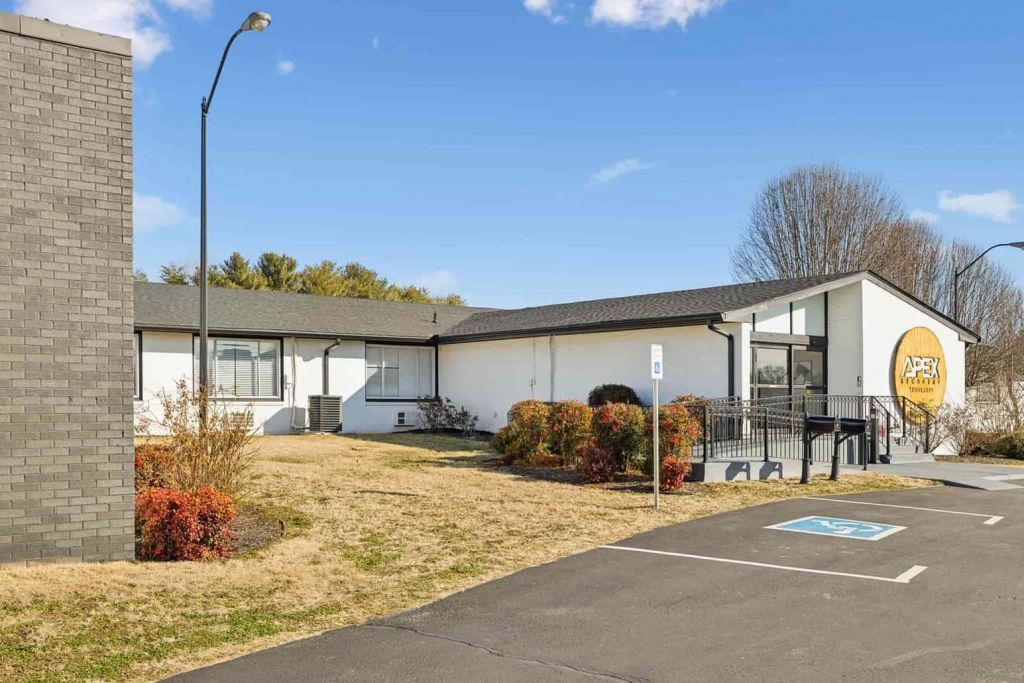
The Connection Between DBT and CBT in Addiction Treatment
DBT for addiction treatment is often considered a type of cognitive behavioral therapy (CBT). Both are incredibly well-researched and focus on changing a person’s way of thinking.1 Similar to DBT, CBT also operates on the principles that unhealthy behavior are based, in part, on unhelpful or flawed ways of thinking.3 Both DBT and CBT are therapies offered at Apex Recovery in Tennessee.
DBT Alternatives in Tennessee
Apex is founded on the researched principle that no single treatment option is appropriate for everyone4 and that creating a unique treatment plan is critical to a person’s success in recovery from a substance use disorder. Along with DBT, patients at Apex can partake in a variety of treatment and therapy options in Tennessee including:
- Medication-Assisted Treatment (MAT).
- Motivational Interviewing (MI).
- Cognitive Behavioral Therapy (CBT).
- Experiential Therapy.
- Holistic Therapy.
- Family Counseling Programs.
For more information on how Apex Recovery assesses patients and creates a personalized treatment plan, speak with a compassionate and knowledgeable team member at (877) 881 2689.

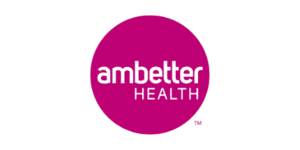
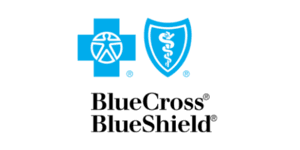
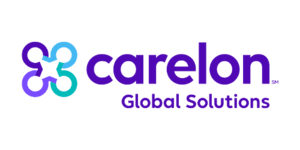
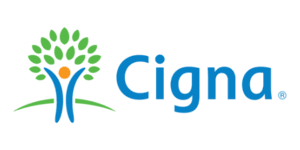

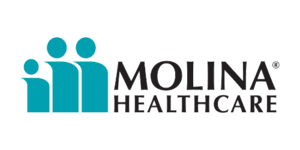
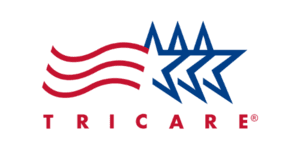
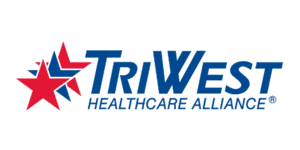

Contact Apex Recovery Tennessee to check your insurance coverage levels for Dialectical Behavior Therapy for addiction.
Does Insurance Cover the Cost of DBT in Tennessee?
Yes, substance use disorder and mental health services must be covered by all Marketplace plans from health insurance providers because they are considered “essential health benefits.”6All insurance plans must cover:6
- Substance use disorder treatment.
- Mental health inpatient services.
- Behavioral health treatment (like counseling and psychotherapy).
However, your specific benefits for DBT and addiction treatment will depend on a number of factors including:6
- Your specific health plan.
- The state you live in.
- The type of services needed.
- The type of rehab program.
- Length of treatment.
Contact us at (877) 881 2689 to verify your exact level of coverage, or alternatively, use our insurance verification tool to quickly and securely look up your coverage.
Treatment Centers in Tennessee Offering DBT
Apex Addiction Recovery Center in Tennessee has two facilities in the state which offer DBT as part of a comprehensive program. Our drug and alcohol treatment centers provide a tranquil backdrop for recovery. We offer a range of programs in welcoming, supportive environments.
- Apex Recovery Brentwood: 209 Ward Circle, Brentwood TN, 37027
- Apex Recovery Columbia: 2710 Trotwood Ave STE A & B Columbia, TN 38401
Fill in the form below to request a call back from Apex Recovery Tennessee
How Does DBT Work?
The 5 essential functions of DBT used by trained professionals are:1
- Improving the person’s motivation for change.
- Increasing a person’s abilities
- Generalizing new behaviors.
- Restructuring the environment.
- Increasing motivation.
Similar to other behavioral therapies like CBT, DBT structures therapy sessions through creating a hierarchy of behaviors that immediately need to be addressed (like suicidal thoughts) to less urgent behavior changes (such as arriving late to session). Therapists “place the greatest emphasis on the highest order problem behavior” and then will peruse other targets as the patient improves.2
DBT for Substance Use Disorders
For substance use disorder treatment, behavioral goals often include:2
- Decreasing the use of drugs and alcohol.
- Lessening cravings, temptations, and urges to use drugs and alcohol.
- Avoiding cues and opportunities to misuse substances.
- Increasing community engagement of healthy behaviors.
- Reducing unhealthy behaviors associated with substance misuse.
Unlike other traditional therapies like Alcoholics Anonymous (AA) and Narcotics Anonymous (NA), DBT operates with nonjudgmental and problem-solving responses to relapse. 2 For more information on Dialectical behavior therapy for addiction treatment, speak with a specialist at (877) 881 2689.
Benefits of DBT for Addiction
Research has led to the conclusion that DBT is effective in improving mood, emotion regulation, and reducing drug and alcohol misuse. Research has also shown that DBT is effective in improving other mental health disorders like:1
- Bipolar disorder.
- Major depressive disorder.
- Borderline personality disorder.
- Suicidal thoughts.
- Other emotional disorders.
This is incredibly significant when looking at successful rehabilitation of people suffering from substance use disorders because oftentimes people with SUDs also have other mental illnesses. In fact, the 2023 National Survey on Drug Use and Health found that over 20 million adults aged 18 or older had a substance use disorder and mental illness in the past year.5
When a person has a substance use disorder and another mental health illness, it is often referred to as a co-occurring disorder.4 Many rehab programs, including Apex Recovery’s drug and alcohol rehabs in Tennessee, include co-occurring disorder treatment for patients with dual diagnoses.
If you want to know more about co-occurring disorder treatment in Tennessee or how to know if you or a loved one has a substance use or mental health disorder, you can speak with a specialist at (877) 881 2689.
Contact Apex Recovery Tennessee to check your insurance coverage levels for Dialectical Behavior Therapy for addiction.
How to Find DBT for Addiction in Tennessee
Free and confidential resources like FindTreatment.gov’s online database can help you or your loved one find treatment near you. Apex Recovery provides DBT in Tennessee as part of our wider, comprehensive addiction treatment programs, provided by highly experienced and licensed therapists and addiction counselors.
If you or a loved one is in need of addiction treatment in Tennessee, reach out to the admissions specialists at Apex Recovery on [phone] who can help you get into treatment today to begin your recovery journey.
Reach out to the Apex Recovery admissions team today at (877) 881 2689 to learn more about addiction treatment options in Tennessee.
Sources for Dialectical Behavior Therapy (DBT) for addiction
- Rezaie, Z., Afshari, B., Balagabri, Z. (2021). Effects of Dialectical Behavior Therapy on Emotion Regulation, Distress Tolerance, Craving, and Depression in Patients with Opioid Dependence Disorder.
- Dimeff, L. A., & Linehan, M. M. (2008). Dialectical behavior therapy for substance abusers.
- American Psychological Association. (2017). What is Cognitive Behavioral Therapy?.
- National Institute on Drug Abuse. (2018). Principles of Drug Addiction Treatment: A Researched-Based Guide (Third Edition).
- Substance Abuse and Mental Health Services Administration. (2024). Key substance use and mental health indicators in the United States: Results from the 2023 National Survey on Drug Use and Health.
- HealthCare.gov. (n.d.). Health benefits & coverage.




